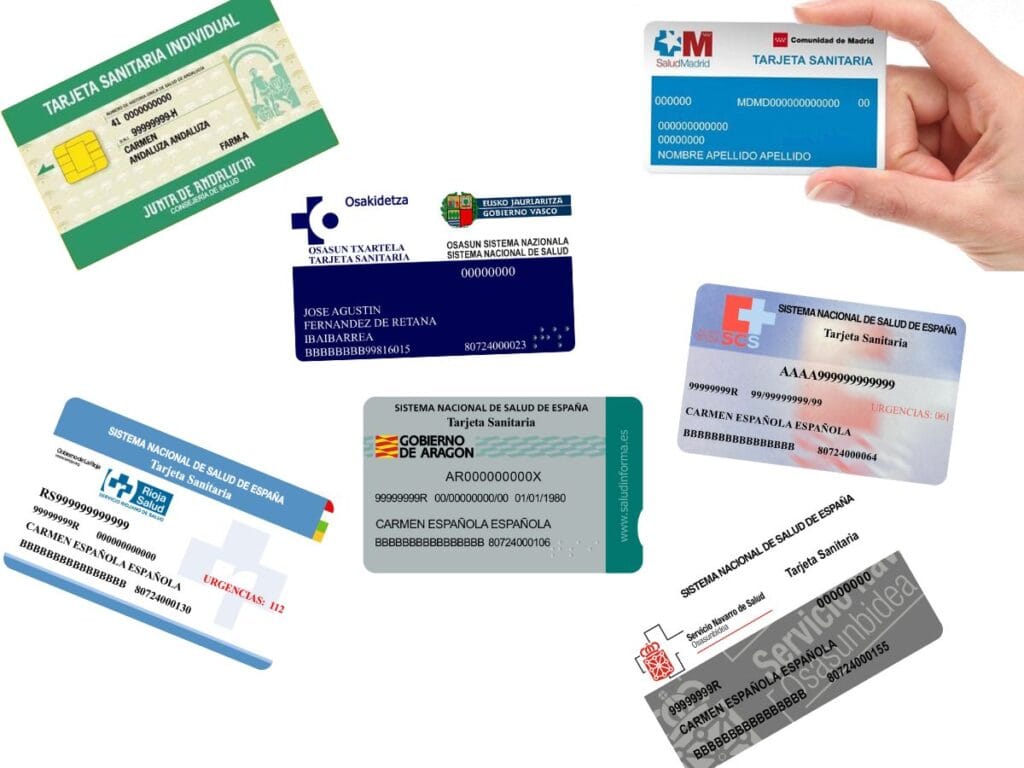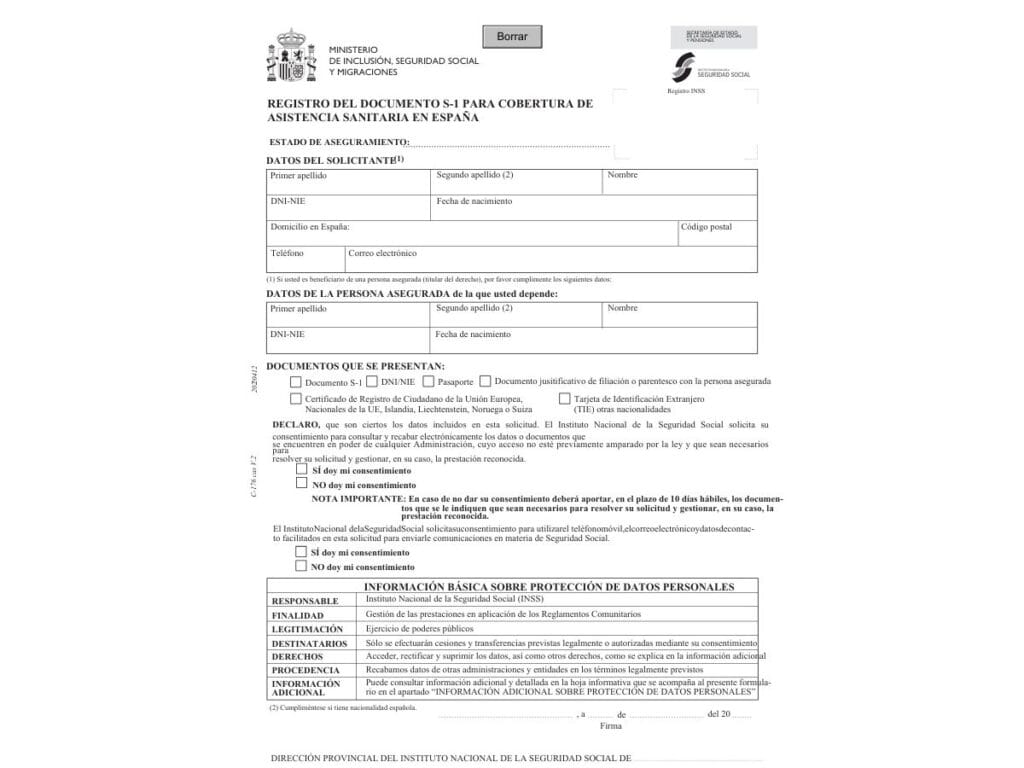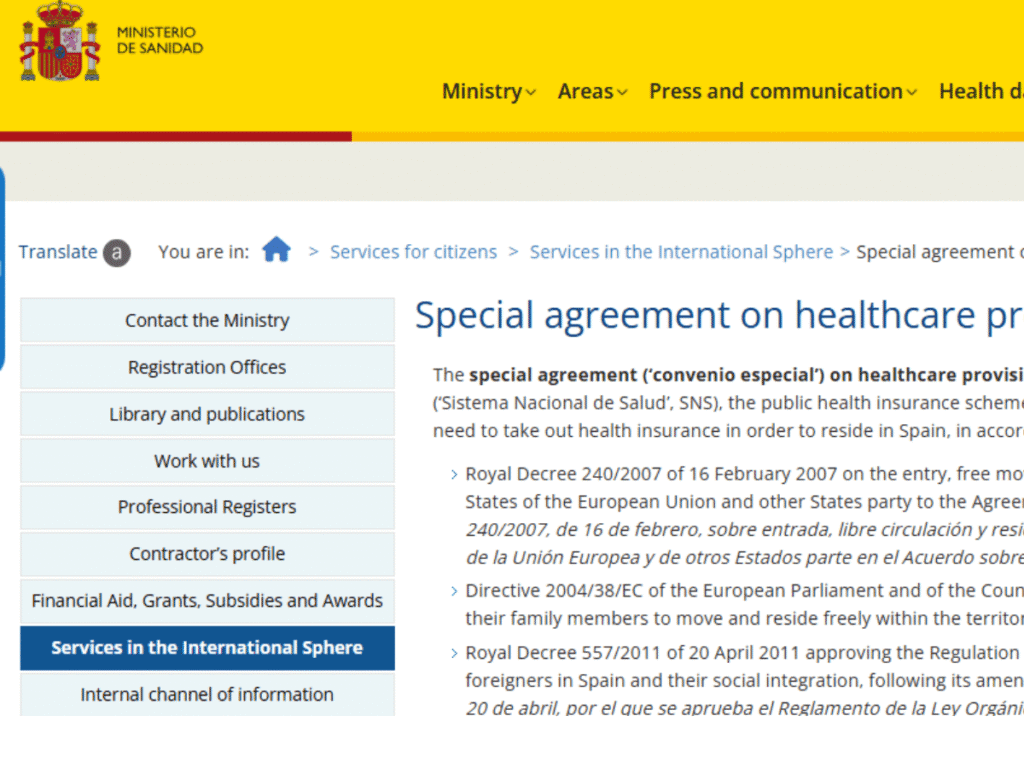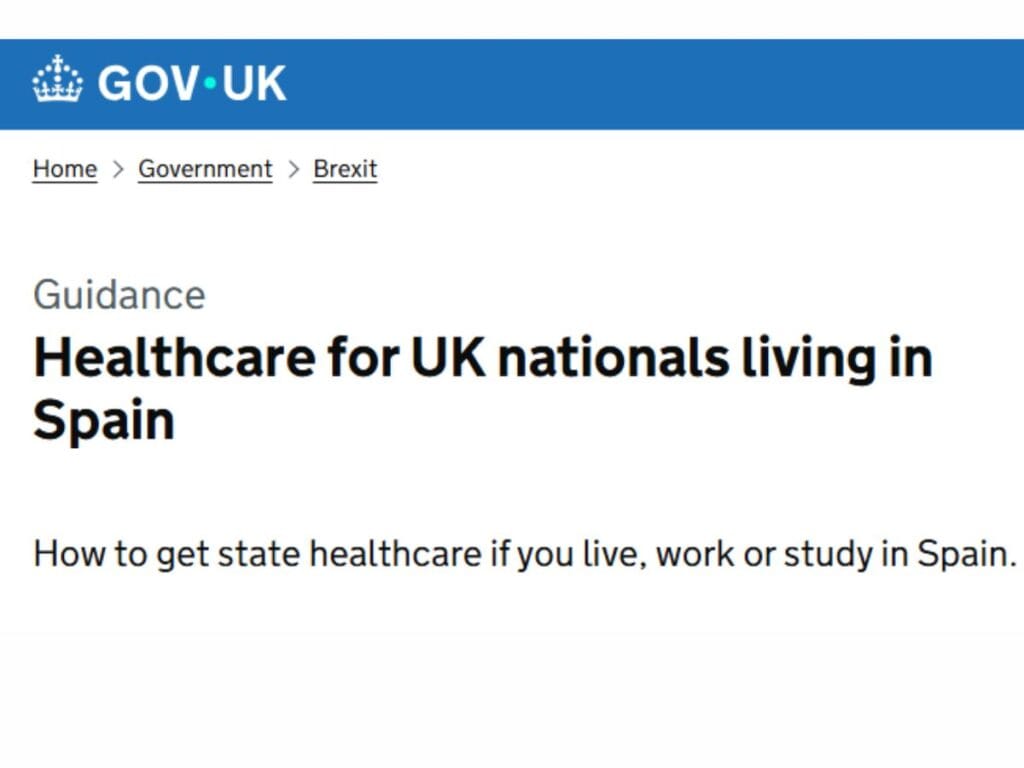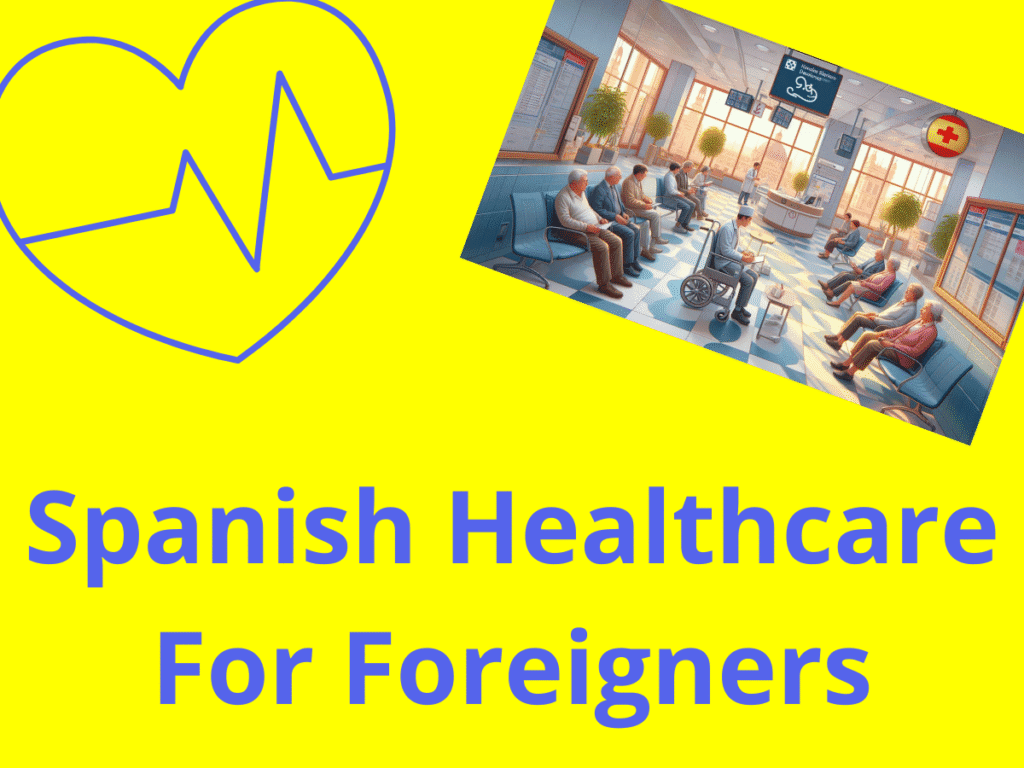Healthcare in Spain for Foreigners (Expat Guide)
Spain has one of the best healthcare systems in the world, ranking consistently high for quality and accessibility. For foreigners moving to Spain — whether for work, study, or retirement — understanding how healthcare in Spain works is essential. This guide explains the key options for expats, including public healthcare, private insurance, the Spanish health card, and coverage for EU, UK, and non-EU nationals.
Healthcare Card
UK S1 Form NLV
Public Healthcare – Residents
Convenio Especial
Non-EU Nationals
EU/EEA/Swiss
Public Healthcare in Spain
The Spanish public healthcare system (Sistema Nacional de Salud) provides universal coverage and is funded through taxes and social security contributions. For foreigners, access depends on your residency and work status.
- If you are employed or self-employed, you usually qualify through social security.
- Pensioners and certain groups can also register for public healthcare.
- Tourists can only access emergency care unless they hold valid EU/UK coverage.
Spanish Health Card (Tarjeta Sanitaria Individual)
To access most public healthcare services, you need the Spanish health card (Tarjeta Sanitaria Individual, TSI). With this card, you are assigned a local health center and a primary care doctor. To apply, you must:
- Register your residence (empadronamiento).
- Obtain a social security number if working.
- Apply at your local health center.
Medications in Spain
Pharmacies in Spain are modern, easy to find, and highly regulated. Prescriptions are digital, linked directly to your health card. Patients usually pay a co-payment based on income:
- 10% to 60% of the cost.
- Pensioners often pay a reduced rate.
Private Healthcare in Spain
While the public system is excellent, many expats choose private health insurance in Spain to avoid waiting lists and to access English-speaking doctors. Private insurance is also a requirement for many non-EU residency applications. Costs are lower than in many other countries, and private hospitals are widely available.
Healthcare for UK Nationals (S1 Form)
British pensioners and certain groups can use the S1 form to transfer healthcare rights from the UK to Spain. With this document, you can register with the Spanish public system and access care just like residents.
Healthcare for EU Citizens
EU/EEA nationals can use the European Health Insurance Card (EHIC/GHIC) for temporary stays in Spain. For long-term residence, they must register locally, contribute to social security (if working), and obtain the Spanish health card.
Healthcare for Non-EU Citizens
If you’re from outside the EU, you typically need private health insurance when first moving to Spain (e.g., for visas or residency). Later, you can access the public system by:
- Working and paying into social security, or
- Enrolling in the Convenio Especial, a monthly paid scheme available in most regions.
Emergency Healthcare in Spain
Emergency treatment is available to everyone in Spain, regardless of insurance or residency status. For urgent assistance, dial 112 (the EU-wide emergency number).
What’s Not Covered by Public Healthcare
The public system is comprehensive but does not cover everything. Expats should be aware that:
- Dental care is mostly private.
- Optician services (glasses, lenses) are not included.
- Some specialist treatments may require private coverage.
Summary Healthcare for Expats in Spain
Spain offers high-quality healthcare for foreigners, with options for public, private, EU, UK, and non-EU citizens. To access care smoothly, make sure to:
- Register your residency.
- Apply for the Spanish health card.
- Understand whether you qualify for public care or need private insurance.
With the right preparation, living in Spain comes with peace of mind knowing you can rely on one of the world’s top healthcare systems.


